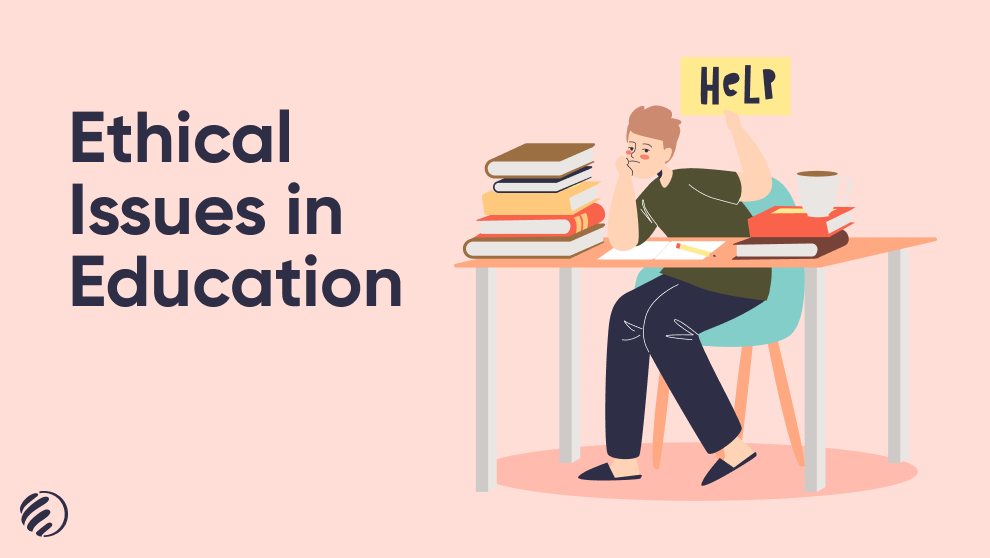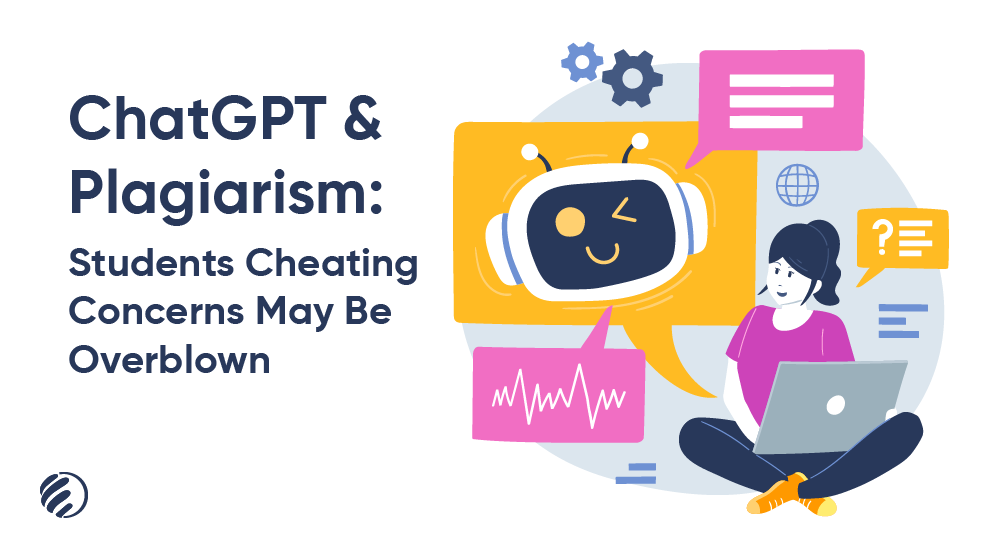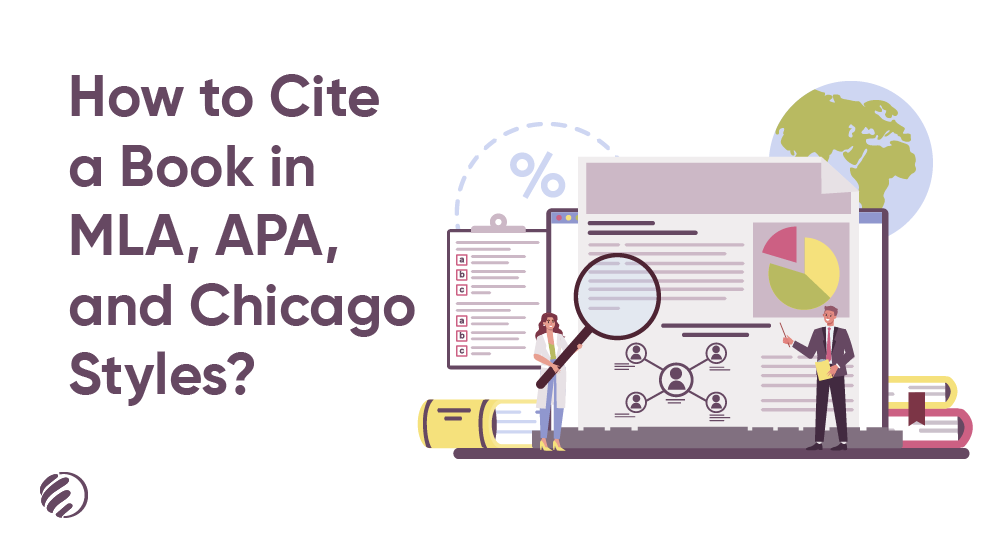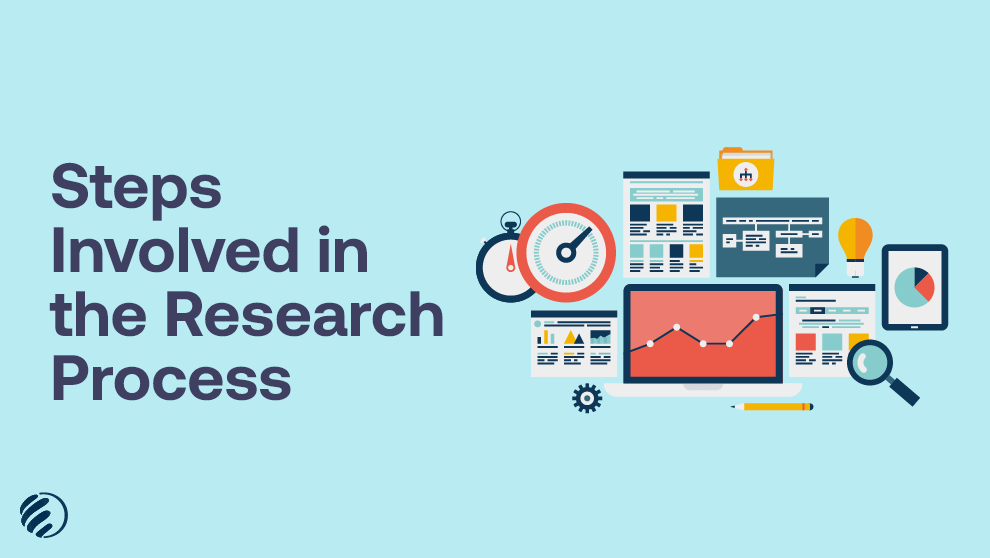Education is undoubtedly one of the fundamental human rights. Every person has the right to take an education. Hence, it is the government’s responsibility to take care of it. But there are many issues in the academic world or education sector. Some problems are related to laws, and others are related to ethics and morality.
This article will discuss ethical issues in education. Moreover, it will not only emphasize the problems but the solution as well. Ultimately, it will help you understand what part you can play in improving the education sector.
Cheating
It is the most common issue in the academic sector. Since schools, colleges, and universities have started judging students on the basis of tests, papers, and assignments, cheating has become an integral part of education.
Almost no student can deny that they haven’t cheated in their student life. Most of the time, in the cases of cheating, students are not at fault; the system is. And unfortunately, not many debate it. No one asks the academic institutes why every student relies on this practice. Who forces them to do it? One day, they will answer the question and resolve the primary issue.
Whether students cheat for fun, to get good grades, or the system forces them to cheat, it is an ethical crime. Cheating can cost you a lot even when you don’t get caught. For example, if you cheat in exams and pass them but don’t know what you have read in your degree, you will face many issues in your professional life. On the other hand, if you get caught, you could be expelled from the institute. So, it is better to avoid cheating at any cost.
Similarly, cheating on the faculty’s end is also harmful to both students and teachers. A teacher who cheats the institutes and doesn’t adhere to the standards of their profession will probably inspire students to follow suit. Therefore, teachers should always perform duties impartially and do their profession justice.
Coming to the types of cheating in the education sector!
Plagiarism
It is an act of copying and claiming others’ work, whether it is an idea, art, literary work, or text. Plagiarism is often considered the most severe kind of ethical and legal issue. Mainly, students plagiarize deliberately. When copying, they should at least write those sentences in quotation marks and cite the original author. Most people know that it is an act of stealing intellectual property. Students plagiarize others’ work to pass their subjects with good grades or save time in writing unique assignments.
The consequences of plagiarism don’t let students run away with ease. For instance, Joe Biden had to step back from the presidential race in 1988 just because of plagiarism allegations.
So, what’s the solution? First, don’t ever copy others’ text. If you do so, cite the authors. Second, always check for plagiarism with a sophisticated and reliable plagiarism checker. It will let you know your text’s copied or plagiarized parts so you can remove or modify them.
Fabrication
Here is another prevalent type of cheating. Fabrication is making up some data or information and presenting it as real. Fabrication can be done by manipulating data to get the desired results or by inventing some information from nowhere. Whatever the case is, fabrication is considered cheating and an act of academic dishonesty. Hence, it can lead students to severe repercussions.
Many students who don’t want to spend time researching rely on this practice as it is comparatively easier than reading several books or research papers. However, students should know that fabricating data can damage their careers, and if caught, they could be expelled from their institutes. The only solution to this problem is research. When students research a topic, they don’t need to fabricate anything. They will get all they need from books and journals.
Misrepresentation
Misrepresentation in education is also a big issue that many students and teachers face. It is quite similar to fabrication. Misrepresentation is an effort to modify or alter information to mislead or deceive someone. There are different types of misrepresentation. For example, citing an author and mentioning what is never said or written is also a type of misrepresentation. Citing an author who doesn’t exist is also misrepresentation. Moreover, fabricating information also falls into misrepresentation.
Misrepresentation can cost students a lot. If found guilty, they may get lesser marks in their subjects, fail, or at worst, be expelled from educational institutes. Even if it goes unnoticed and gets published somewhere, misrepresenting academic data may lead many others to false consciousness. To avoid the issue, students must take care of what they are writing and avoid deceiving others to get more marks.
Not Maintaining Academic Integrity
Academic integrity is a broad term mainly used at the university level. Academic integrity can be referred to as the commitment to being ethically honest in the education sector. According to some experts, it has five fundamental values; trust, responsibility, respect, fairness, and honesty. It is the responsibility of both students and teachers to uphold these values in order to maintain academic integrity. When everyone at an educational institution maintains academic integrity, it helps the institution contribute to society’s betterment.
Students and teachers should forget their biased opinions and show impartial behavior to maintain integrity. Moreover, students should avoid cheating and contribute to knowledge production. Students should also know how to choose a secure plagiarism checker for their Assignments.
Inequality
Inequality is considered one of the most significant ethical issues in the academic sector. The biggest reason for inequality in education is the economic structure of the entire world. This economic structure claims to provide equal opportunities to everyone. But those are just claims. They have nothing to do with reality. The reality is a student with a better socioeconomic background has access to more resources than students belonging to the lower classes. That class difference creates inequality.
Moreover, racism is another factor that contributes a lot to this ethical issue in education. When whole societies believe in an idea, it shows its impact in the education sector as well. As a result, minorities get fewer rights and opportunities to learn.
There are a few possible solutions to inequality. However, first people need to realize that it does exist. After that, the authorities and the educational institutes must provide more resources and moral & financial support to students belonging to lower socioeconomic classes until the class difference doesn’t come to an end.
Bullying
Bullying is a serious ethical issue that still exists in our academic institutes, especially schools and colleges. Bullying affects students in many ways. For example, it leads students to poor performance, mental health issues, violence, and dropping out from the institutes. In fact, many students attempt suicide just because of bullying. Unfortunately, bullying exists more in education than in any other sector.
Although the issue has been raised on many platforms, it could not be controlled effectively. The collective efforts of parents and students can only control bullying. They should educate students about the differences between doing fun and making fun. Students will be able to control it once they learn the difference.
Conclusion
In the last analysis, cheating, not maintaining academic integrity, inequality and bullying are the most significant ethical issues in the academic world. Together all these issues can lead to many negative outcomes, including bad academic performance, loss of reputation, mental distress, and violence.
In order to create a better academic environment, educational institutes, governments, relevant authorities, faculty, and parents need to address the issues and put in collective efforts to resolve them. Those efforts may include guidance regarding the issues at every level, creating policies to stop injustice, and providing moral and financial support to students who need them.

 550 Views
550 Views 9 Mins To Read
9 Mins To Read Category: Plagiarism
Category: Plagiarism December 26, 2022
December 26, 2022








